Climate Smart Cotton Program Benefits
Benefits
Growers
Technical and Financial Support
The program offers critical guidance and resources to help growers successfully implement Climate Smart Agriculture (CSA) practices.
Cost Saving
CSA practice implementation can provide growers with reduced input costs, allowing them to optimize their operations and improve profitability.
Additional Revenue
Enable opportunity to create and sell carbon insets to brands and retailers who are members of the Trust Protocol.
Enhanced Resilience
Growers can increase their resilience to drought and floods, enabling them to navigate climate conditions more effectively.
Improved Soil Health
Implementing CSA practices such as planting cover crops, reduced tillage, and nutrient management contribute to improved soil health, enhancing its fertility, structure, and long-term productivity.
Yield Improvements
By implementing CSA practices, growers have the potential to achieve yield improvements, enhancing their productivity and crop quality.
Reduced Erosion
CSA practices can also aid with decreasing soil erosion, preserving soil quality and preventing sediment runoff into water bodies.
Nutrient Use Efficiency
Adopting advanced nutrient management practices promoted by the program can aid in enhanced nutrient use efficiency, optimizing fertilizer inputs and minimizing environmental impacts.
Benefits
Brands and Retailers
For brands and retailers, the program aims to help support efforts to improve their greenhouse gas emissions reductions and reporting.
Sustainable Fiber Sourcing
The Climate Smart Cotton Program launched in June of 2023, with the ambition to produce over 4 million bales of Climate Smart Cotton™ during the program’s five years.
Emission Reductions
The program also aims to reduce CO2e emissions by 1.14 million metric tons through the promotion of practice adoption that decreases GHG emissions, stores more carbon and water in the soil, and improves soil and ecosystem function. This will contribute to a more sustainable cotton industry and a healthier environment.
Scope 3 Emissions Reporting
The opportunity to purchase verified insets from growers participating in the Climate Smart Cotton Program as the program matures that can be used against Scope 3 emissions reductions for cotton used in products.

